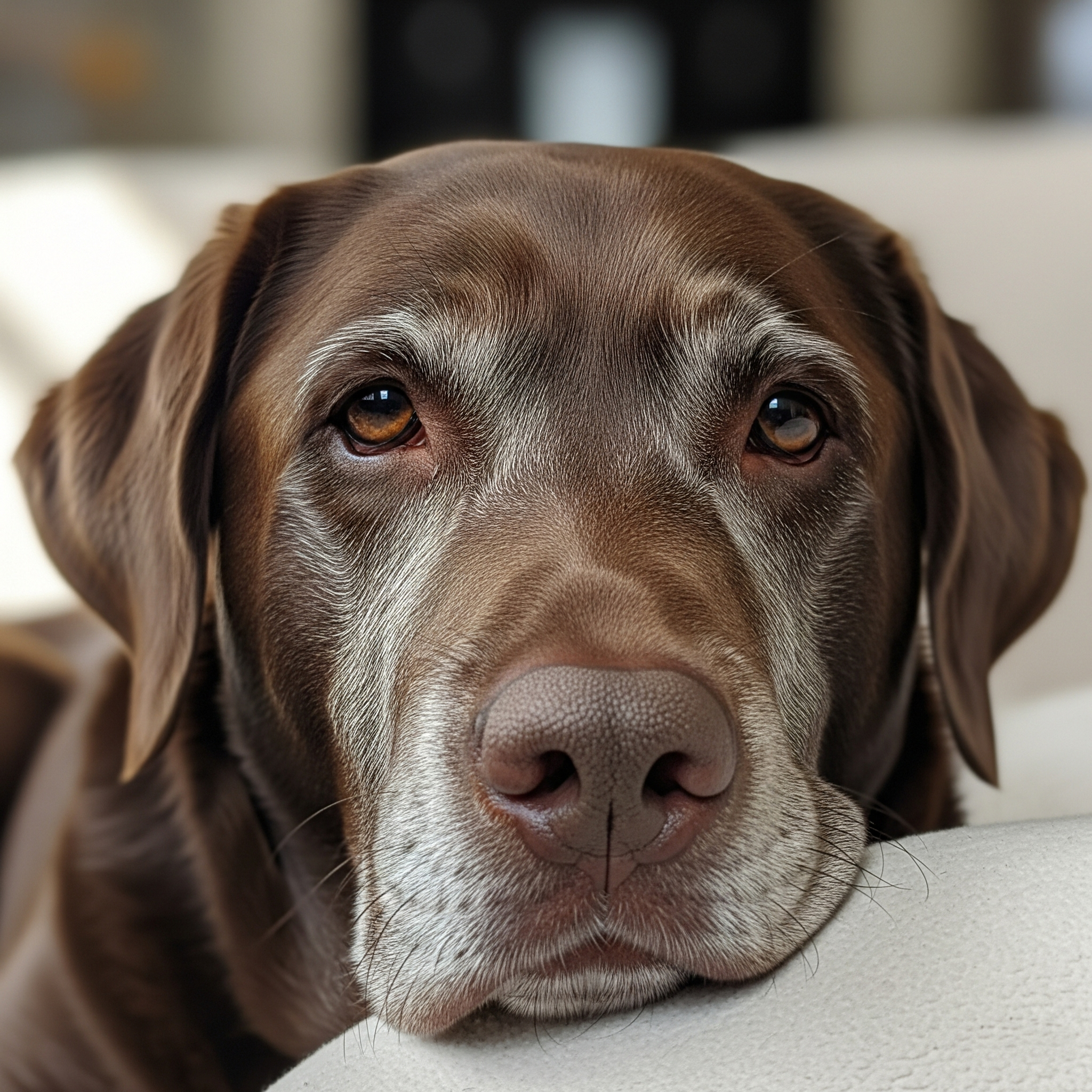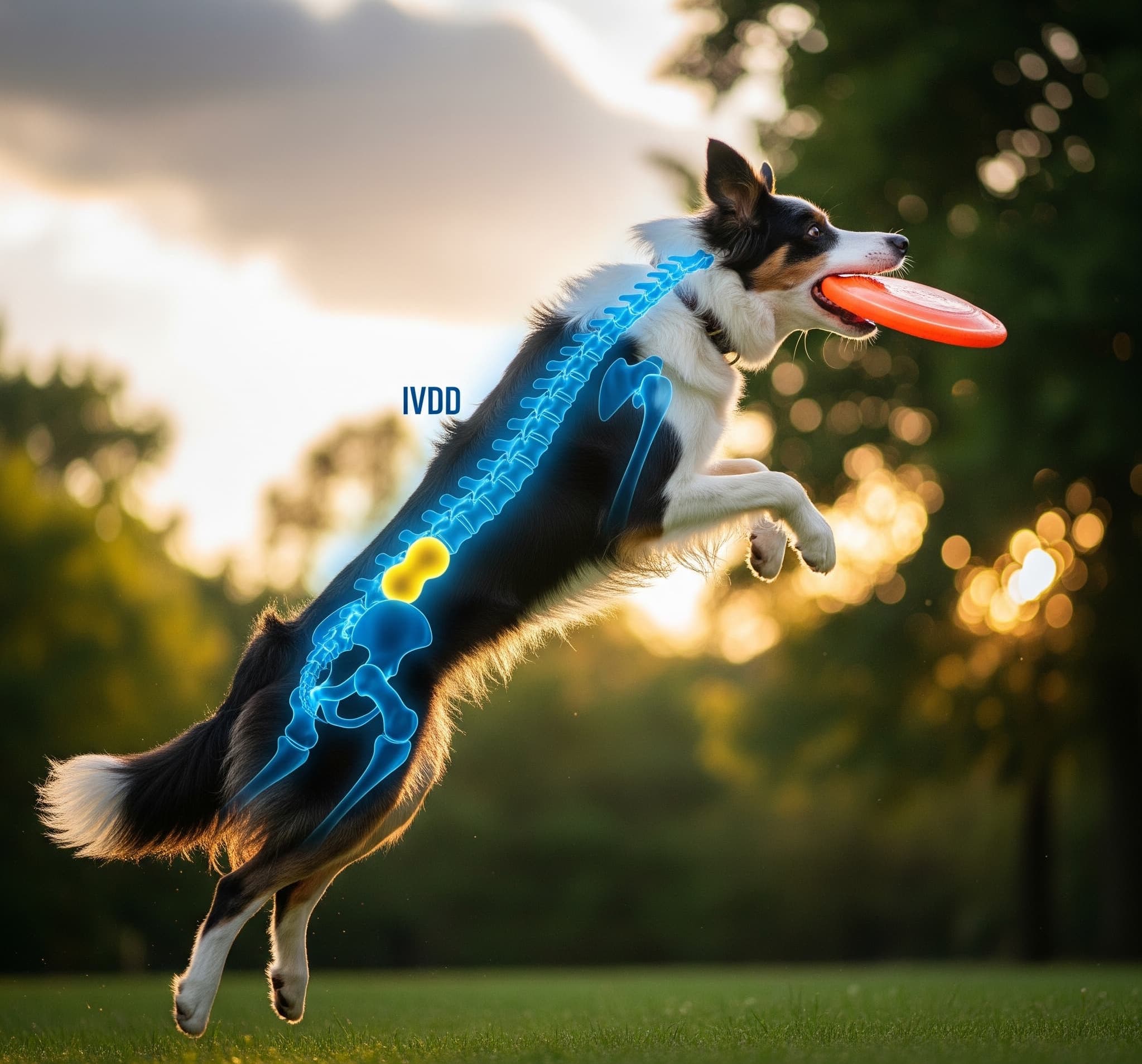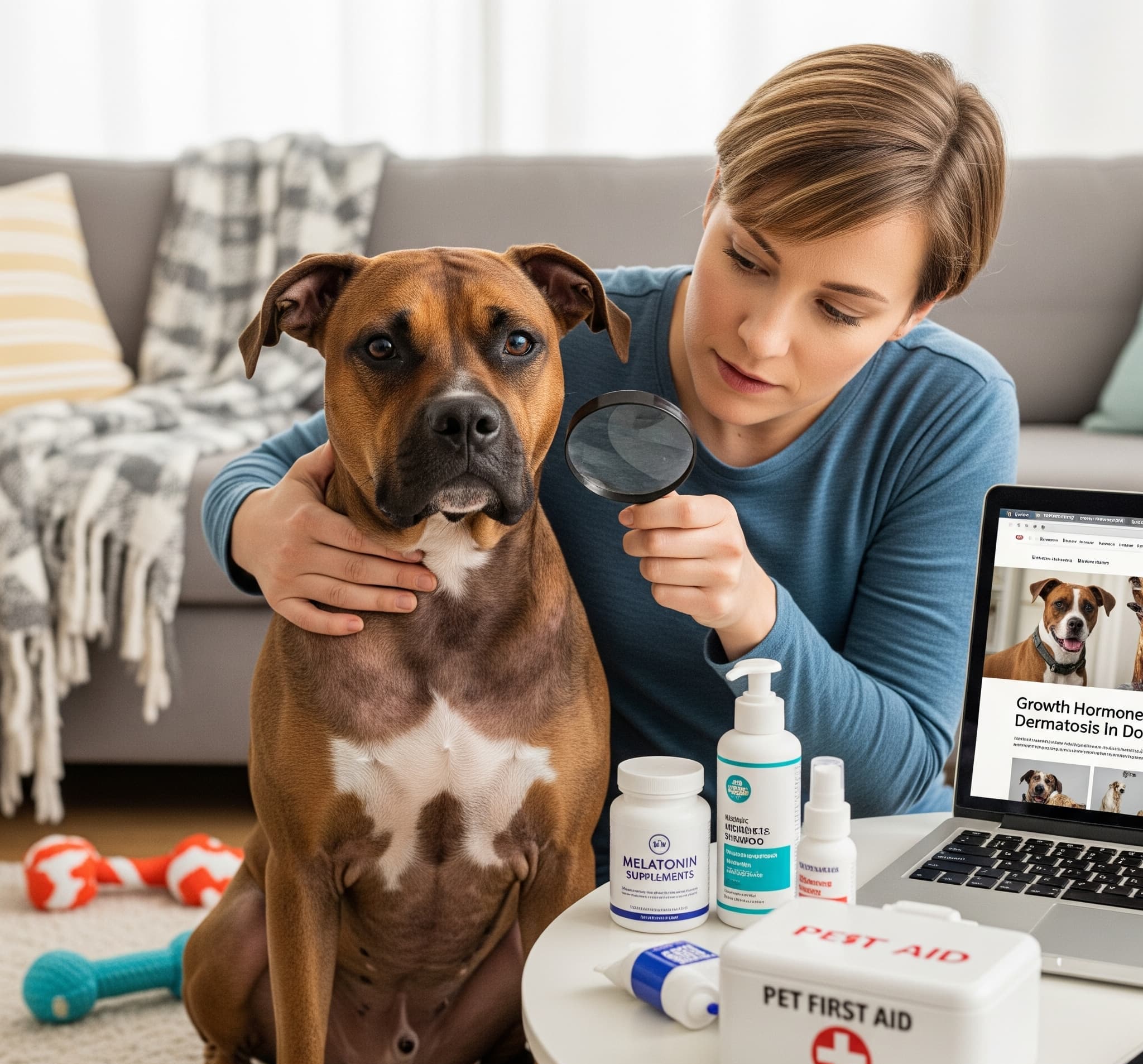First-Time Senior Dog Owner? Your Complete Nutrition Change Guide
New to senior dogs? Learn essential nutrition changes, feeding tips, and expert advice to keep your aging pup healthy and happy.
Introduction
Getting a senior dog for the first time can feel overwhelming. You want to give them the best care possible, but where do you start? The most important thing you can do is understand their unique nutrition needs. Senior dogs need different food than younger pups. Their bodies change as they age, and their diet must change too.
Many new senior dog owners make costly mistakes. They feed their older dogs the same food they gave their younger pets. This can lead to health problems, weight gain, and a lower quality of life. But don’t worry – with the right knowledge, you can keep your senior dog healthy and happy for years to come.
To help you navigate this important topic and quickly find the information most relevant to your needs, here are the key sections we’ll explore:
- Why Senior Dogs Need Different Nutrition
- Essential Nutrients Your Senior Dog Needs Most
- How to Choose the Right Senior Dog Food
- Common Feeding Mistakes to Avoid
- Frequently Asked Questions About Senior Dog Nutrition
Why Senior Dogs Need Different Nutrition
Your senior dog’s body works differently than it did when they were young. Dogs are considered senior around age 7, but this can vary by breed. Large dogs age faster than small ones. A Great Dane might be senior at 6, while a Chihuahua might not be senior until 10.
As dogs age, their metabolism slows down. They don’t burn calories as fast as they used to. This means they need fewer calories to maintain a healthy weight. Many senior dogs also become less active. They might sleep more and play less. This lower activity level means they need even fewer calories.
Senior dogs also have different digestive needs. Their stomachs and intestines don’t work as well as they once did. They might have trouble digesting certain foods. Some senior dogs develop food sensitivities they never had before. Their immune systems also weaken with age, making proper nutrition even more important.
Joint problems are common in senior dogs. Arthritis affects many older pets. The right nutrition can help reduce inflammation and support joint health. This can help your dog stay mobile and comfortable longer.
Essential Nutrients Your Senior Dog Needs Most
Senior dogs need specific nutrients to stay healthy. Here are the most important ones to focus on:
Protein remains crucial for senior dogs. Many people think older dogs need less protein, but this isn’t true. Senior dogs actually need high-quality protein to maintain muscle mass. Look for foods with at least 18% protein for senior dogs. The protein should come from real meat, not fillers.
Omega-3 fatty acids are super important for senior dogs. These healthy fats help reduce inflammation throughout the body. They support brain health, joint health, and coat condition. Fish oil is a great source of omega-3s. Many senior dog foods include these fatty acids.
Antioxidants help fight the effects of aging. Vitamins C and E are powerful antioxidants. They help protect cells from damage. Many fruits and vegetables contain antioxidants. Some senior dog foods include blueberries, sweet potatoes, and other antioxidant-rich ingredients.
Fiber helps with digestion and weight management. Senior dogs often have slower digestion. The right amount of fiber can help keep things moving smoothly. It also helps dogs feel full without adding too many calories.
Glucosamine and chondroitin support joint health. These nutrients help maintain cartilage and reduce joint pain. Many senior dog foods include these supplements. They’re especially important for large breed dogs.
How to Choose the Right Senior Dog Food
Choosing the right food for your senior dog doesn’t have to be complicated. Start by looking for foods labeled specifically for senior dogs. These foods are formulated to meet the unique needs of older pets.
Read the ingredient list carefully. The first ingredient should be a named meat source like chicken, beef, or fish. Avoid foods where the first ingredient is a grain or meat by-product. Look for foods with whole ingredients you can recognize.
Consider your dog’s specific needs. Does your senior dog have joint problems? Look for foods with added glucosamine. Is your dog overweight? Choose a food with fewer calories but still high in protein. Does your dog have a sensitive stomach? Look for foods with limited ingredients.
Wet vs. dry food is a common question. Both can be good for senior dogs. Wet food has more moisture, which is helpful for dogs who don’t drink enough water. It’s also easier to chew for dogs with dental problems. Dry food is more convenient and can help keep teeth clean. Many owners feed a combination of both.
Gradual transition is key when changing foods. Don’t switch your senior dog’s food all at once. This can cause stomach upset. Mix the new food with the old food over 7-10 days. Start with 25% new food and 75% old food. Gradually increase the new food percentage each day.
Talk to your vet about your dog’s specific needs. They can recommend foods based on your dog’s health conditions. Some senior dogs need prescription diets for kidney problems, heart issues, or other conditions.
Common Feeding Mistakes to Avoid
Many first-time senior dog owners make these mistakes. Avoiding them will help keep your dog healthy:
Overfeeding is the biggest mistake. Senior dogs need fewer calories than younger dogs. Many owners don’t adjust portion sizes when their dog becomes less active. This leads to weight gain, which puts stress on joints and organs. Follow the feeding guidelines on your dog’s food, but adjust based on your dog’s activity level and body condition.
Feeding too many treats is another common problem. Treats should make up no more than 10% of your dog’s daily calories. Choose healthy treats like small pieces of cooked chicken or vegetables. Avoid treats high in fat or sugar.
Not providing fresh water is a serious mistake. Senior dogs need constant access to clean, fresh water. Dehydration is more dangerous for older dogs. Change the water daily and clean the bowl regularly.
Ignoring dental health affects nutrition. Many senior dogs have dental problems that make eating difficult. If your dog has trouble chewing, consider switching to wet food or adding warm water to dry food to soften it.
Feeding human food can be dangerous. Many human foods are toxic to dogs. Chocolate, grapes, onions, and garlic are just a few examples. Stick to dog food and dog-safe treats.
Frequently Asked Questions About Senior Dog Nutrition
How Much Should I Feed My Senior Dog?
The amount depends on your dog’s size, activity level, and health. Most senior dogs need about 20% fewer calories than adult dogs. Start with the feeding guidelines on your dog’s food bag, then adjust based on your dog’s body condition. You should be able to feel your dog’s ribs without pressing hard, but not see them clearly.
Should I Give My Senior Dog Supplements?
Talk to your vet before giving any supplements. Some senior dogs benefit from joint supplements, omega-3 fatty acids, or probiotics. However, many high-quality senior dog foods already include these nutrients. Too many supplements can actually be harmful.
How Often Should I Feed My Senior Dog?
Most senior dogs do well with two meals per day. This is easier on their digestive system than one large meal. Some dogs with health conditions might need more frequent, smaller meals. Ask your vet what’s best for your dog.
Can I Make Homemade Food for My Senior Dog?
Homemade food can be healthy for senior dogs if done correctly. However, it’s hard to ensure proper nutrition without help from a veterinary nutritionist. Most commercial senior dog foods are nutritionally complete and easier to manage.
What Signs Show My Dog’s Food Isn’t Working?
Watch for changes in your dog’s energy level, coat condition, and bathroom habits. If your dog seems less energetic, has a dull coat, or has digestive issues, the food might not be right. Weight gain or loss can also indicate feeding problems.
Conclusion
Caring for a senior dog’s nutrition doesn’t have to be scary. The key is understanding that older dogs have different needs than younger ones. They need high-quality protein, fewer calories, and specific nutrients to support their aging bodies.
Choose a food made specifically for senior dogs. Look for real meat as the first ingredient and avoid fillers. Consider your dog’s specific health needs when selecting food. Remember to transition gradually to any new food.
Avoid common mistakes like overfeeding and giving too many treats. Keep fresh water available at all times. Watch for signs that your dog’s food isn’t working and be ready to make changes.
Your senior dog deserves the best nutrition possible. With the right food and feeding approach, you can help them stay healthy and happy in their golden years. The investment in proper nutrition now will pay off in more quality time with your beloved pet.
Ready to give your senior dog the nutrition they deserve? Start by evaluating their current food and consider making the switch to a senior-specific formula. Your dog’s health is worth the effort – and they’ll thank you with more happy, healthy years together!




Post Comment